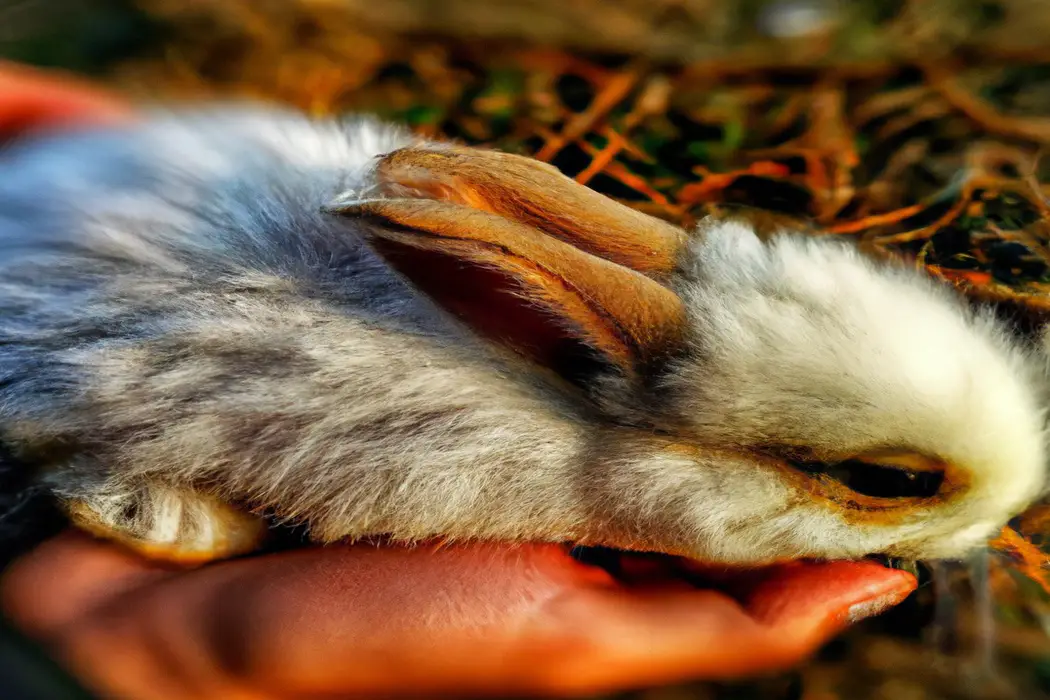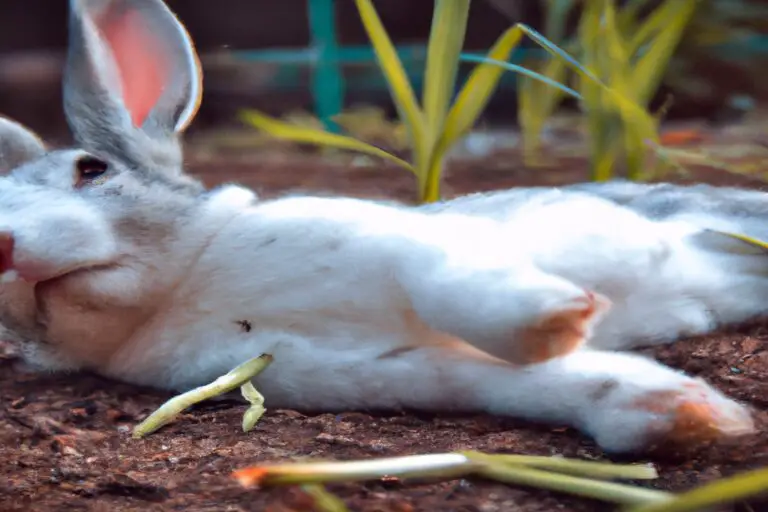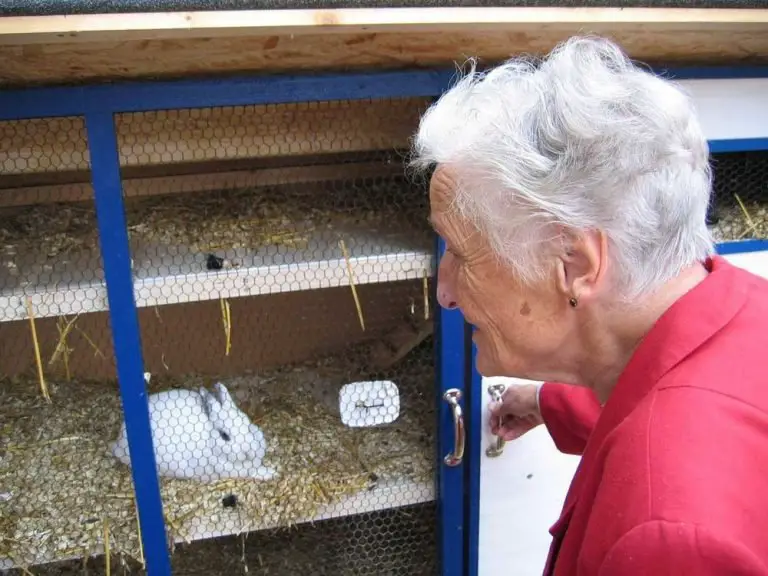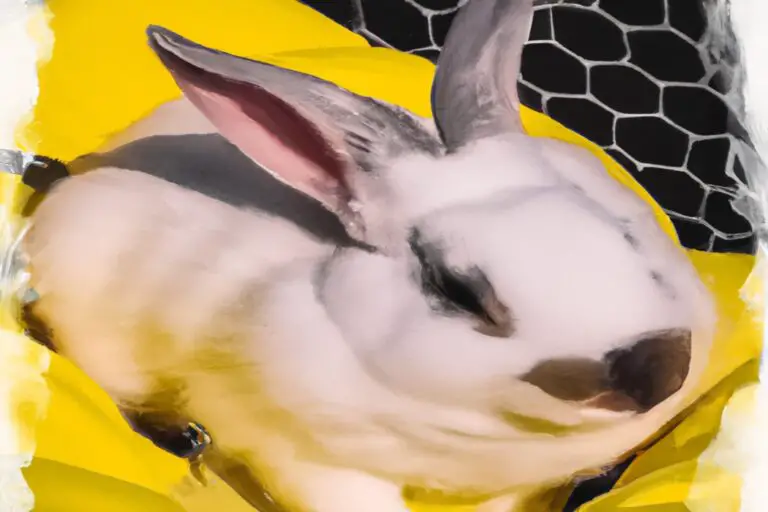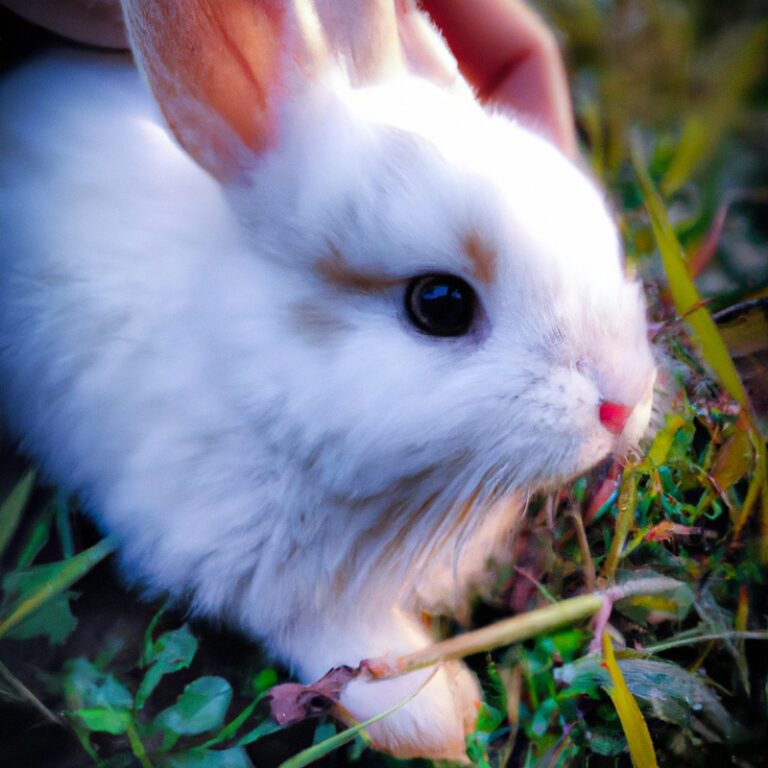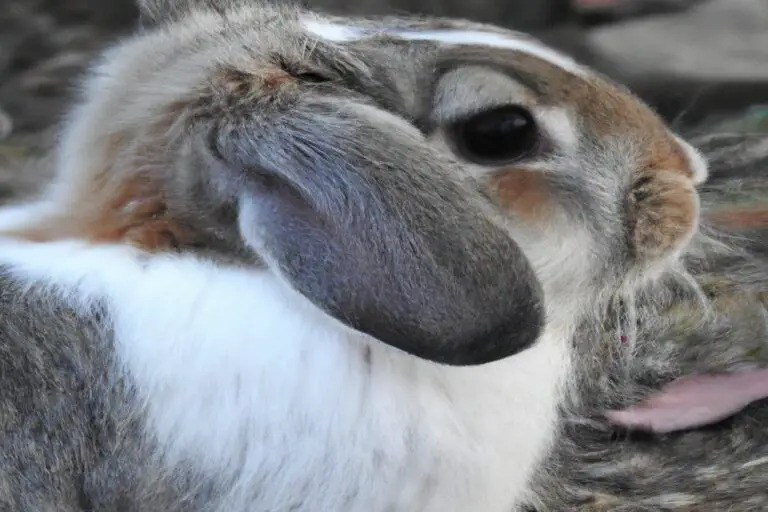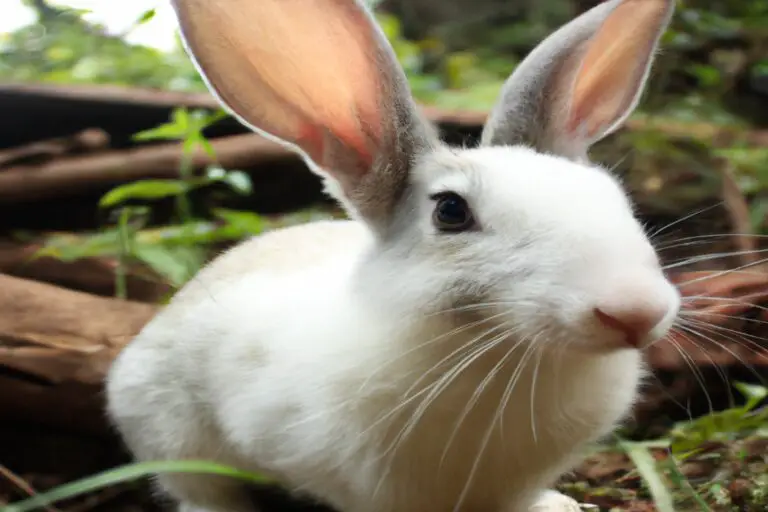Can Rabbits Drink Mineral Water for Hydration and Good Health
Key Takeaways:
- Yes, rabbits can drink mineral water in moderation.
- Mineral water should not replace a rabbit’s main source of hydration, which should be freshwater.
- Avoid giving rabbits mineral water high in sodium content.
- Always consult a veterinarian before making any changes to your rabbit’s diet or water source.
Are you a rabbit owner who wants to make sure your furry friend stays properly hydrated?
Well, here’s an intriguing question for you: Can rabbits drink mineral water?
As an expert in rabbit care, I’m here to shed some light on this topic.
Water is vital for rabbits, just like it is for us humans.
But understanding their specific nutritional needs and what type of water is best for them can be a bit confusing.
In this blog article, we’ll dive into the importance of water in a rabbit’s diet, explore the pros and cons of giving mineral water to rabbits, discuss alternative water options, and provide tips on how to ensure your rabbits stay properly hydrated.
So, let’s get started and learn everything you need to know about rabbits and mineral water!
| Question | Can rabbits drink mineral water? |
| Mineral Content | Rabbits require specific mineral and nutrient balances in their diet |
| Calcium and Phosphorus | Excessive calcium and phosphorus can lead to health issues in rabbits |
| Sodium and Magnesium | High levels of sodium and magnesium may also cause health problems in rabbits |
| Sugar and Artificial Sweeteners | Rabbits should not consume water with added sugar or artificial sweeteners |
| Safe Water Options | Rabbits are best hydrated with fresh, clean water without additives |
Can rabbits drink mineral water?
Yes, rabbits can drink mineral water, but there are some pros and cons to consider before making it a regular part of their hydration routine.
Why water is important for rabbits
Water is important for rabbits because it helps with their digestion, keeps them hydrated, and maintains their overall health.
Rabbits have a delicate digestive system, and water helps to move food through their bodies smoothly.
It also prevents dehydration, which can lead to serious health issues.
Providing clean and fresh water for your rabbit is essential for its well-being.
Make sure to always have a steady supply of water available for your furry friend.
Understanding the nutritional needs of rabbits
Understanding the nutritional needs of rabbits is essential for their overall health and well-being.
Rabbits are herbivores, which means their diet should mainly consist of fresh hay, leafy greens, and a small amount of pellets.
They require a high-fiber diet to maintain proper digestion and dental health.
It’s important to avoid feeding them sugary or starchy foods like fruits, vegetables with high sugar content, and grains.
Additionally, access to fresh, clean water is crucial for rabbits to stay hydrated.
Regular vet check-ups and a balanced diet will ensure that your rabbit is getting the necessary nutrients for a happy and healthy life.
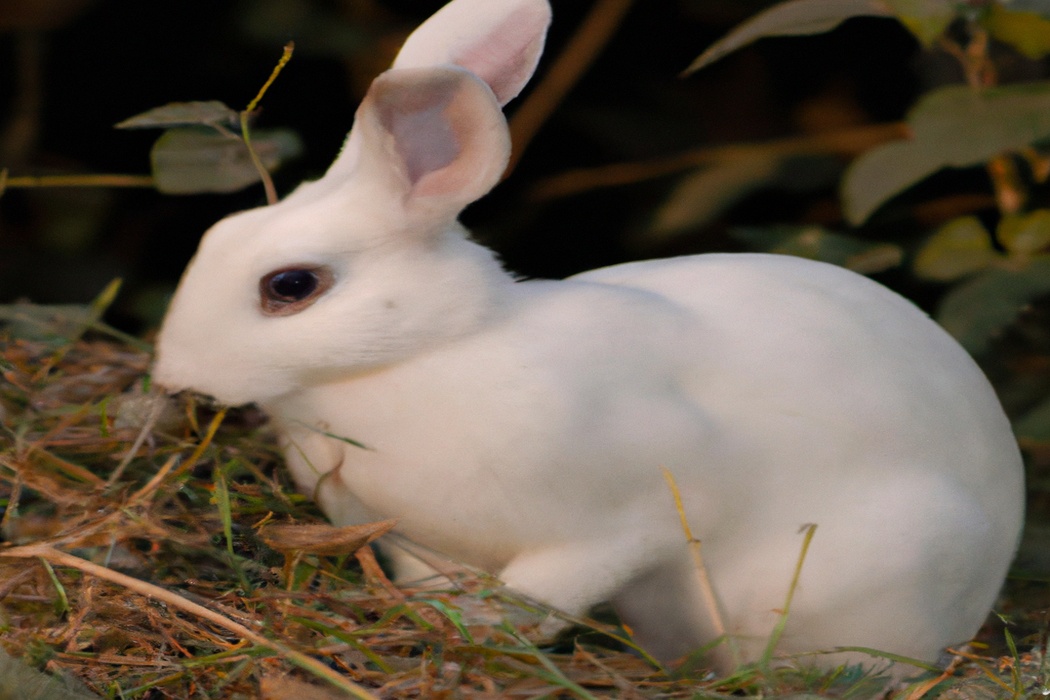
Pros and cons of giving mineral water to rabbits
Giving mineral water to rabbits has both pros and cons.
On the positive side, mineral water typically contains essential minerals like calcium and magnesium, which can support your bunny’s overall health.
It can also provide hydration if your rabbit is not consuming enough water from its regular source.
However, it’s important to consider the mineral content of the water, as excessive minerals can lead to health issues like bladder stones.
Thus, it’s best to consult with a veterinarian before incorporating mineral water into your rabbit’s diet.
Alternative water options for rabbits
Rabbits can drink more than just plain water.
Here are some alternative water options for your furry friend:
- Fresh, clean tap water: This is the easiest and most convenient option. Just make sure to provide fresh water daily.
- Filtered water: If your tap water has a strong taste or odor, consider using a water filter to remove impurities.
- Bottled spring water: Some rabbits prefer the taste of bottled spring water. Just ensure it doesn’t contain added minerals or flavors.
- Distilled water: Distilled water can be an option but should be used sparingly as it lacks essential minerals.
- Herbal teas: Infusions made from safe herbs like chamomile or mint can be offered occasionally, but avoid any with caffeine or added sugars.
Remember, water is essential for your rabbit’s health, so always provide fresh and clean options!
How to ensure proper hydration for your rabbits
To ensure proper hydration for your rabbits, make sure they always have access to fresh, clean water. Provide a water bottle or a heavy ceramic dish that won’t tip over easily.
Monitor the water level regularly and refill as needed.
In hot weather, consider adding ice cubes to the water to keep it cool. Additionally, feed your rabbits water-rich vegetables like lettuce and cucumbers to supplement their hydration.
Remember, keeping your rabbits well-hydrated is essential for their overall health and well-being.
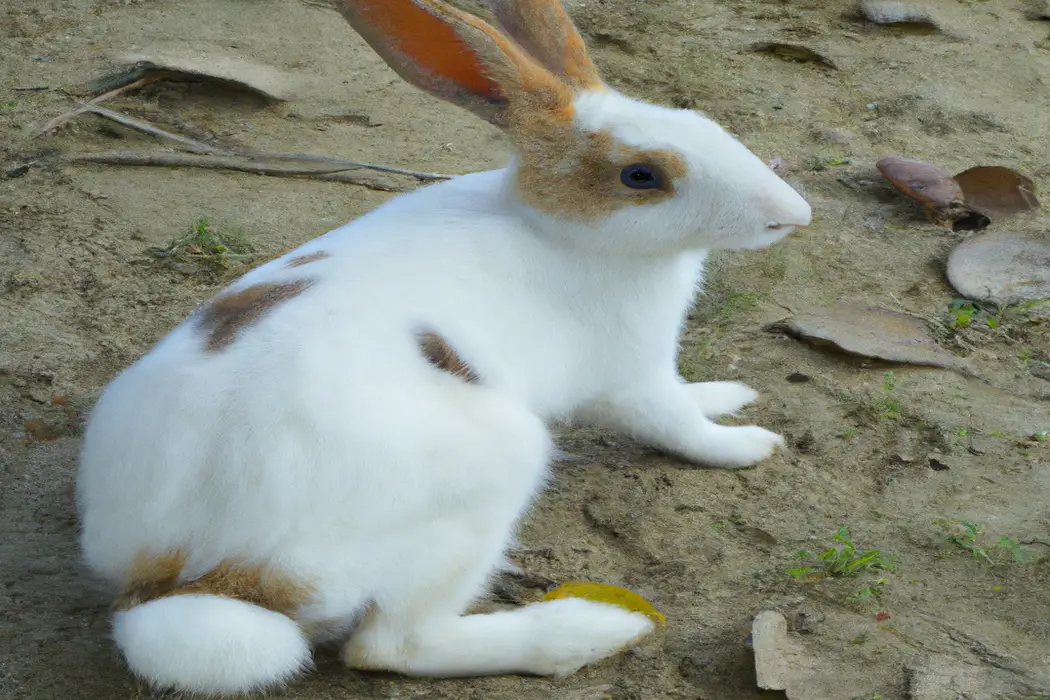
Frequently Asked Questions about rabbits and mineral water
Can rabbits drink mineral water? Yes, rabbits can drink mineral water in moderation.
However, it is important to note that rabbits primarily obtain their hydration from fresh, clean water.
While mineral water can provide some additional minerals, it should not replace their regular water source. It is best to consult with a veterinarian to determine the appropriate amount of mineral water for your rabbit’s specific needs.
Additionally, be cautious of carbonated or flavored mineral water as these can be harmful to rabbits.
Final Verdict
Mineral water is not the ideal choice for rabbits as their primary source of hydration.
While it may be safe in small quantities, the high mineral content can potentially lead to health issues.
It is crucial to understand the nutritional needs of rabbits and provide them with fresh, clean water.
Tap water or filtered water are better options to ensure proper hydration without the risk of mineral imbalances.
Remember to regularly clean and refill the water dishes to prevent contamination.
Taking these steps will help keep your rabbits healthy and hydrated.

